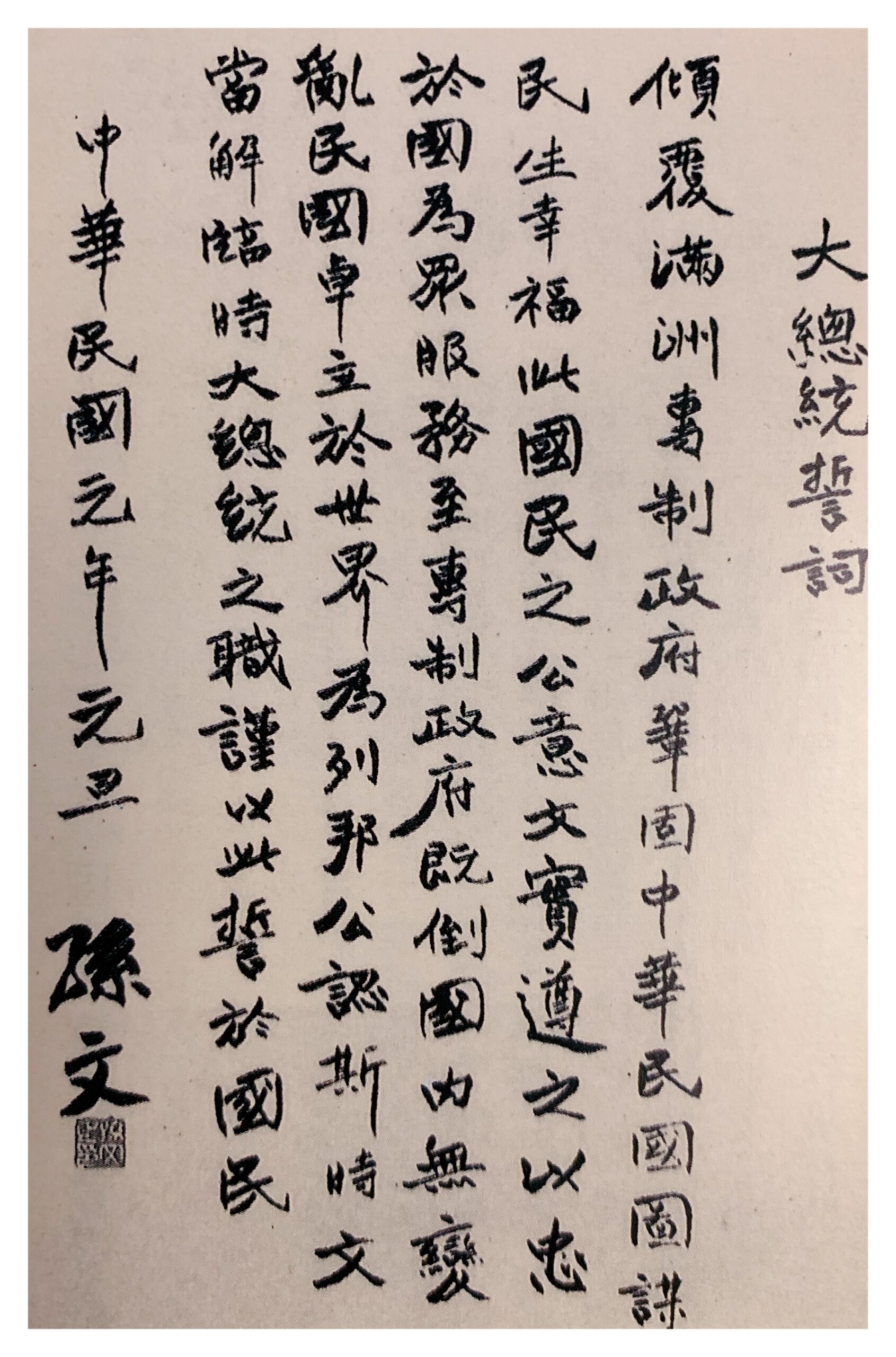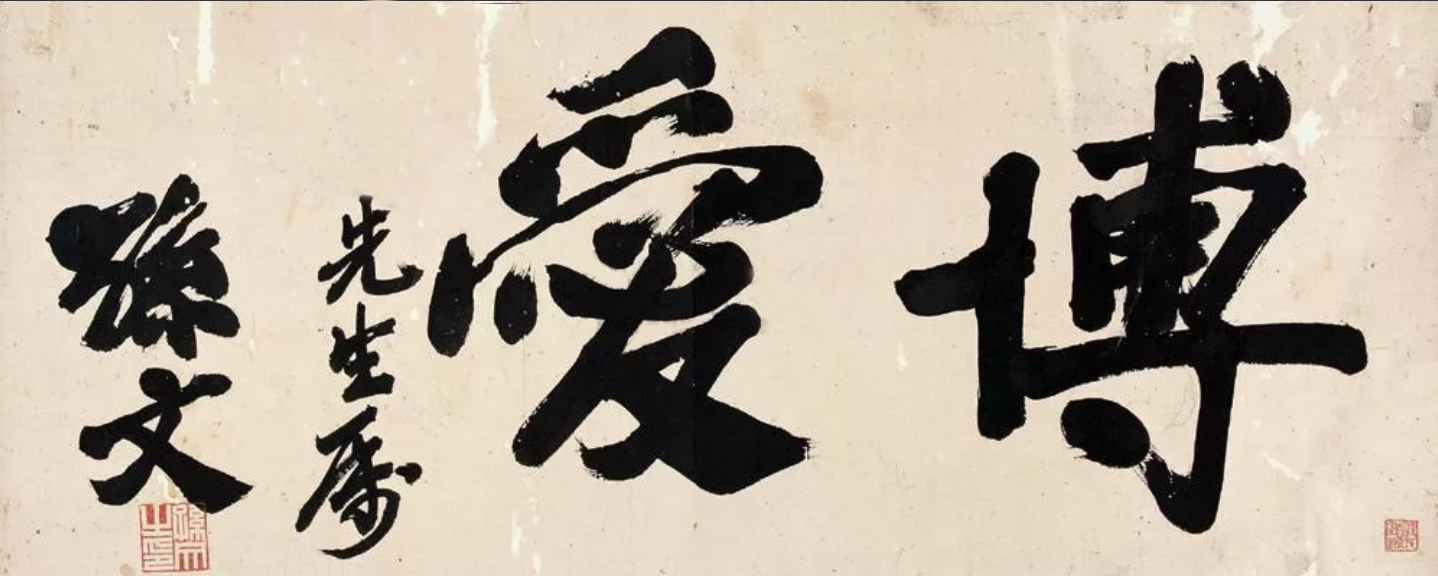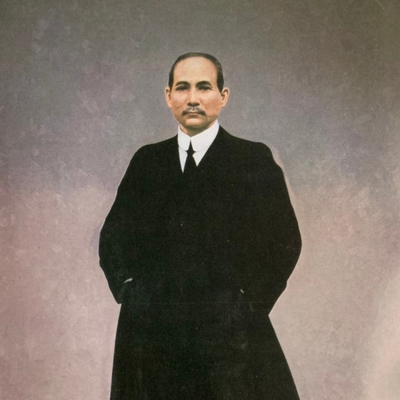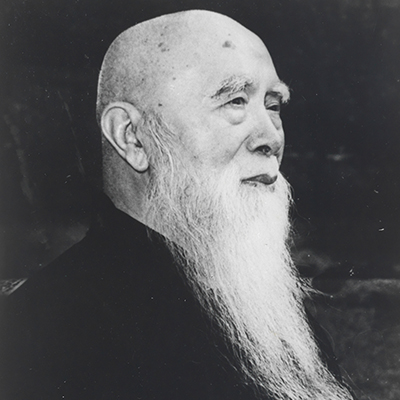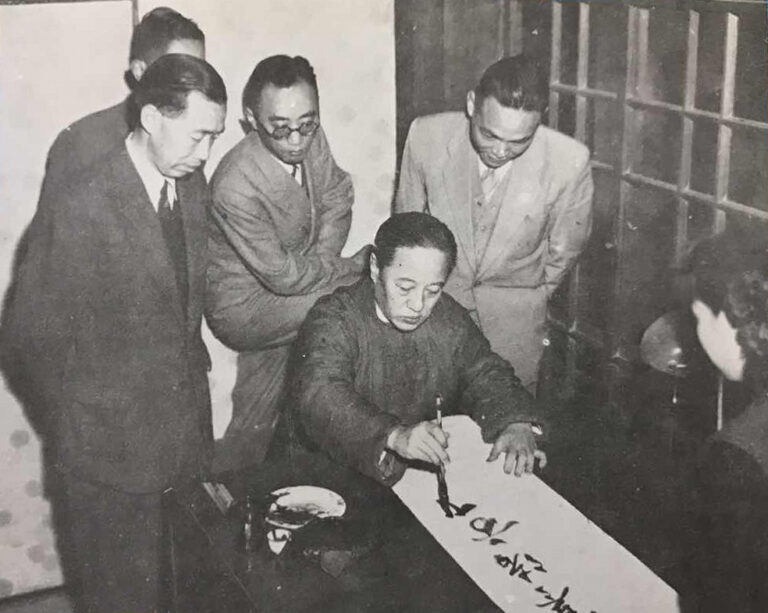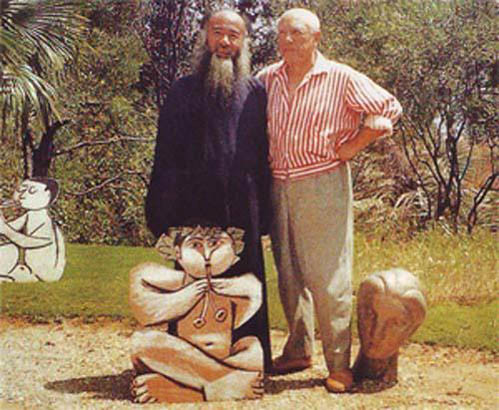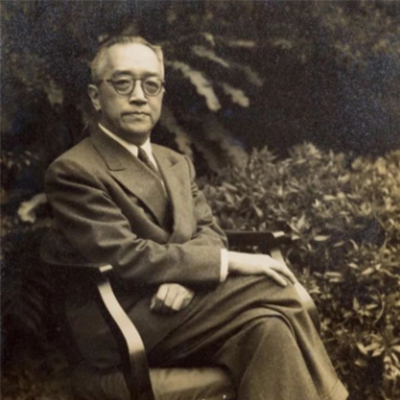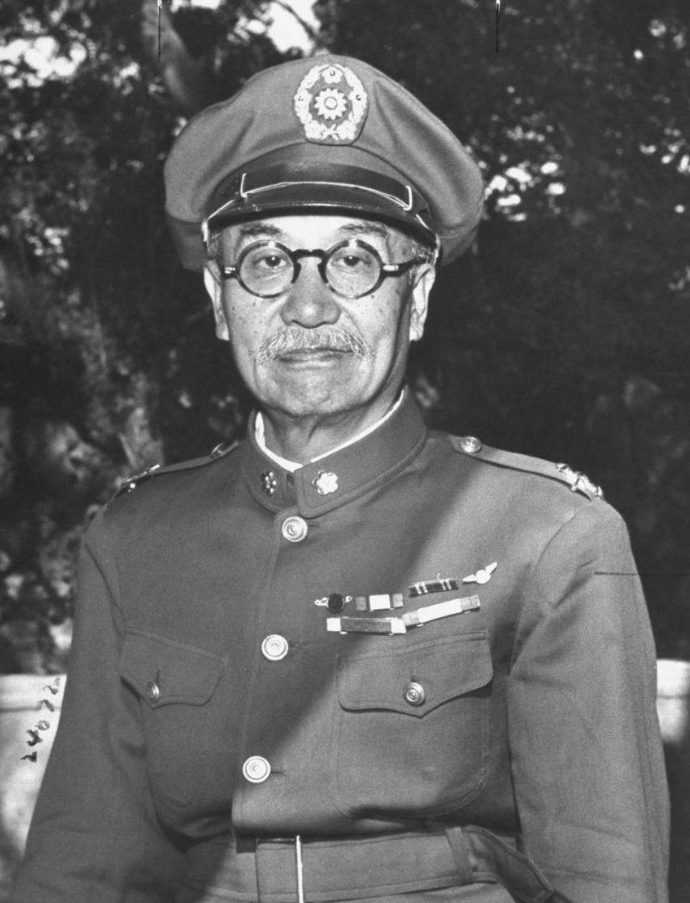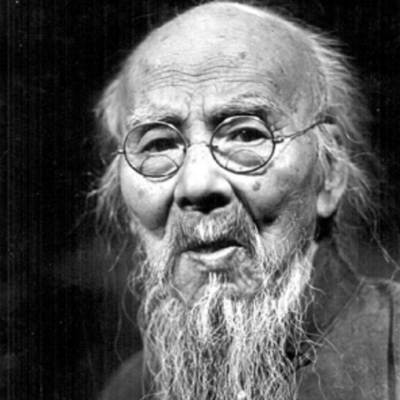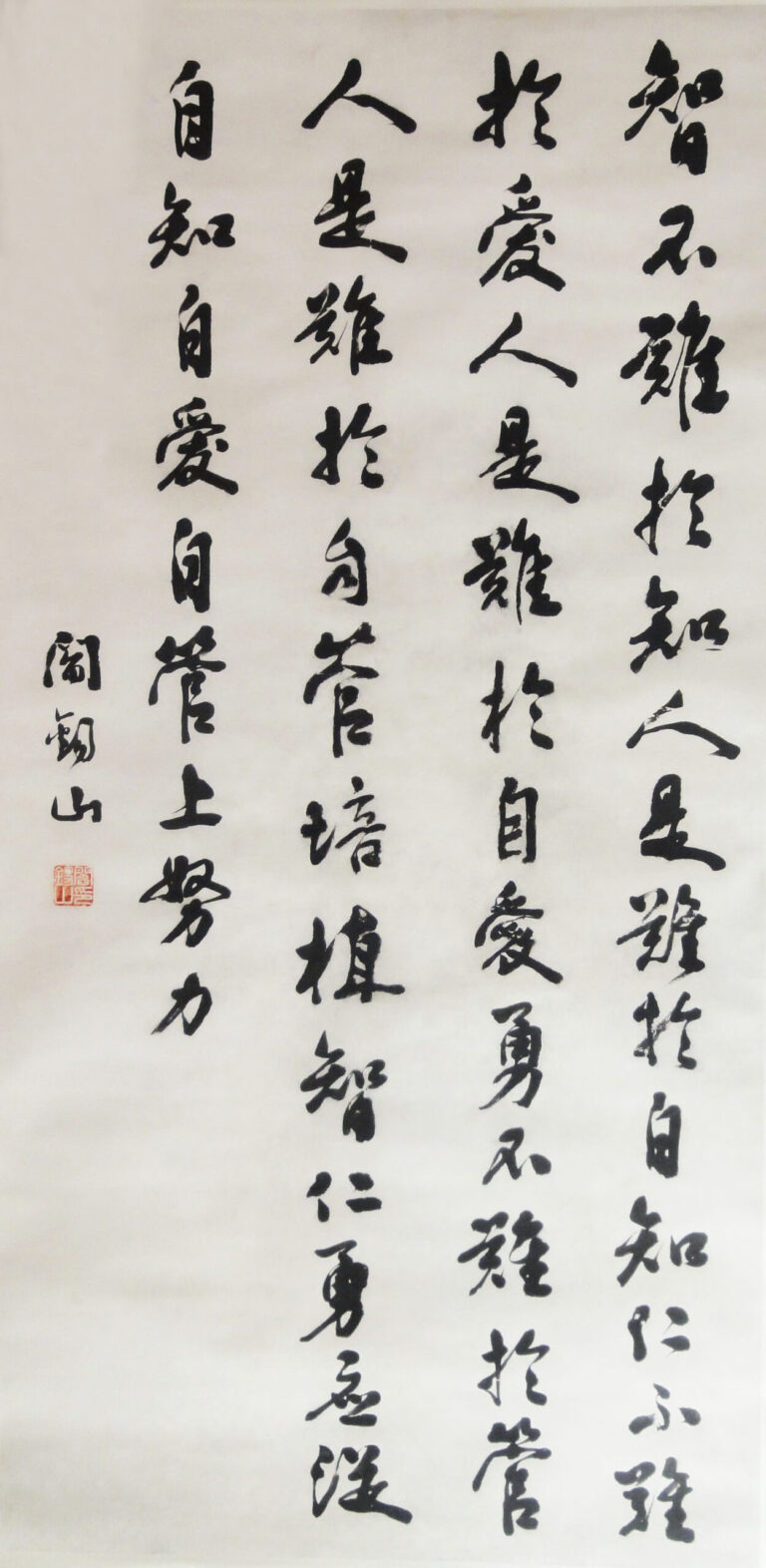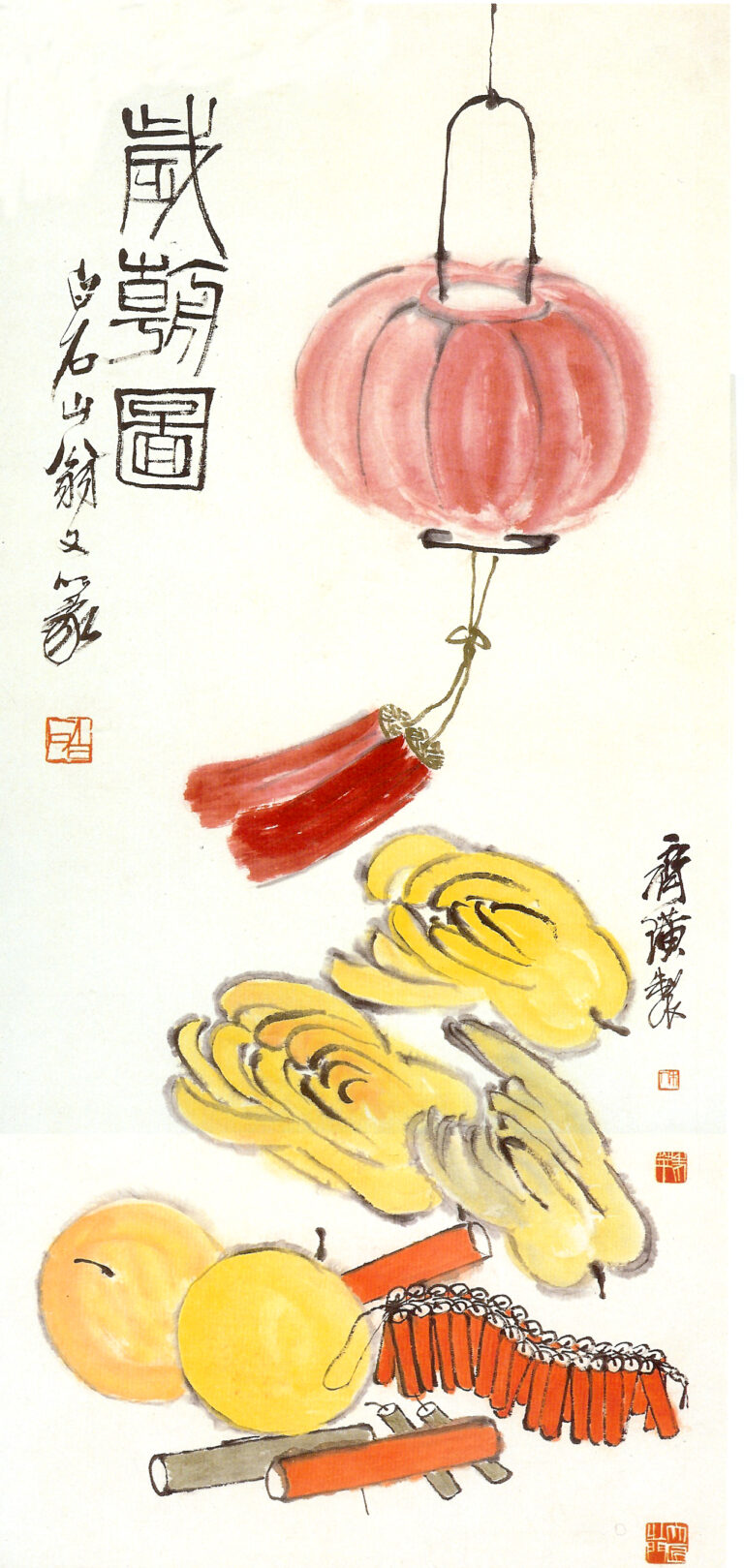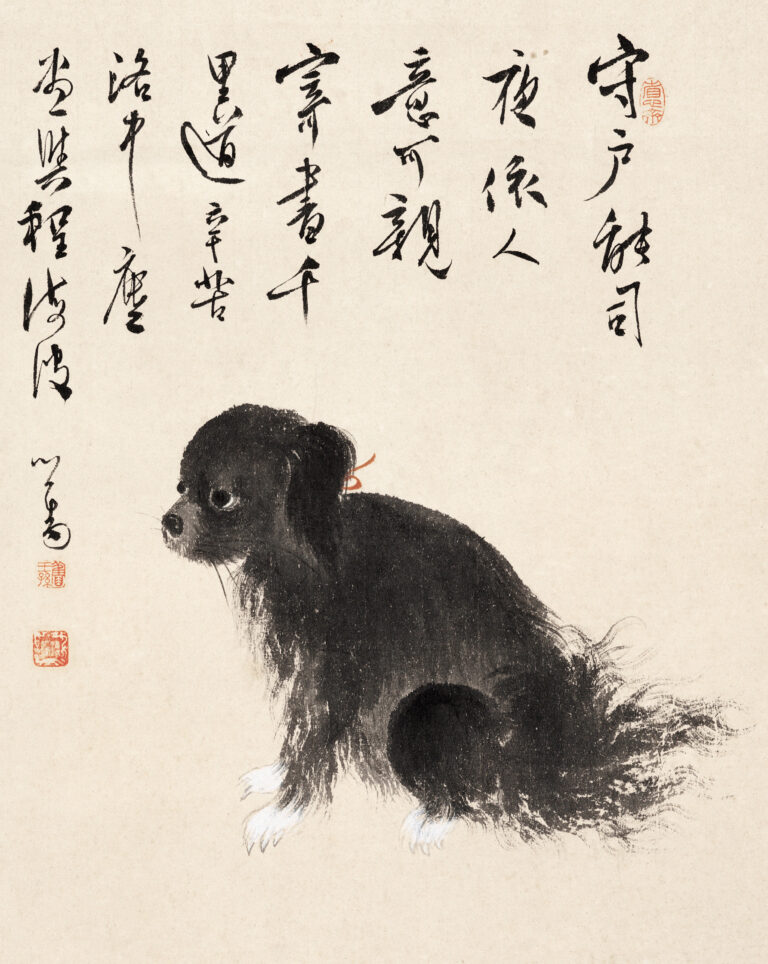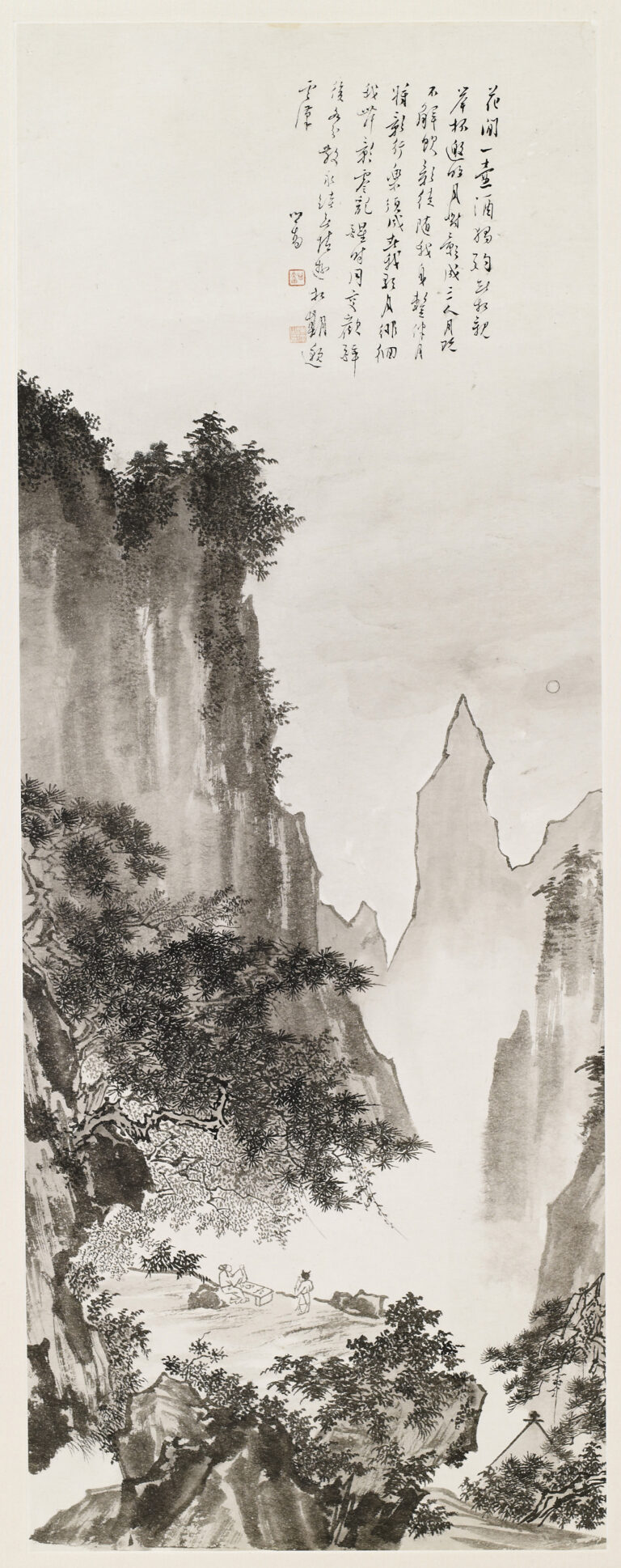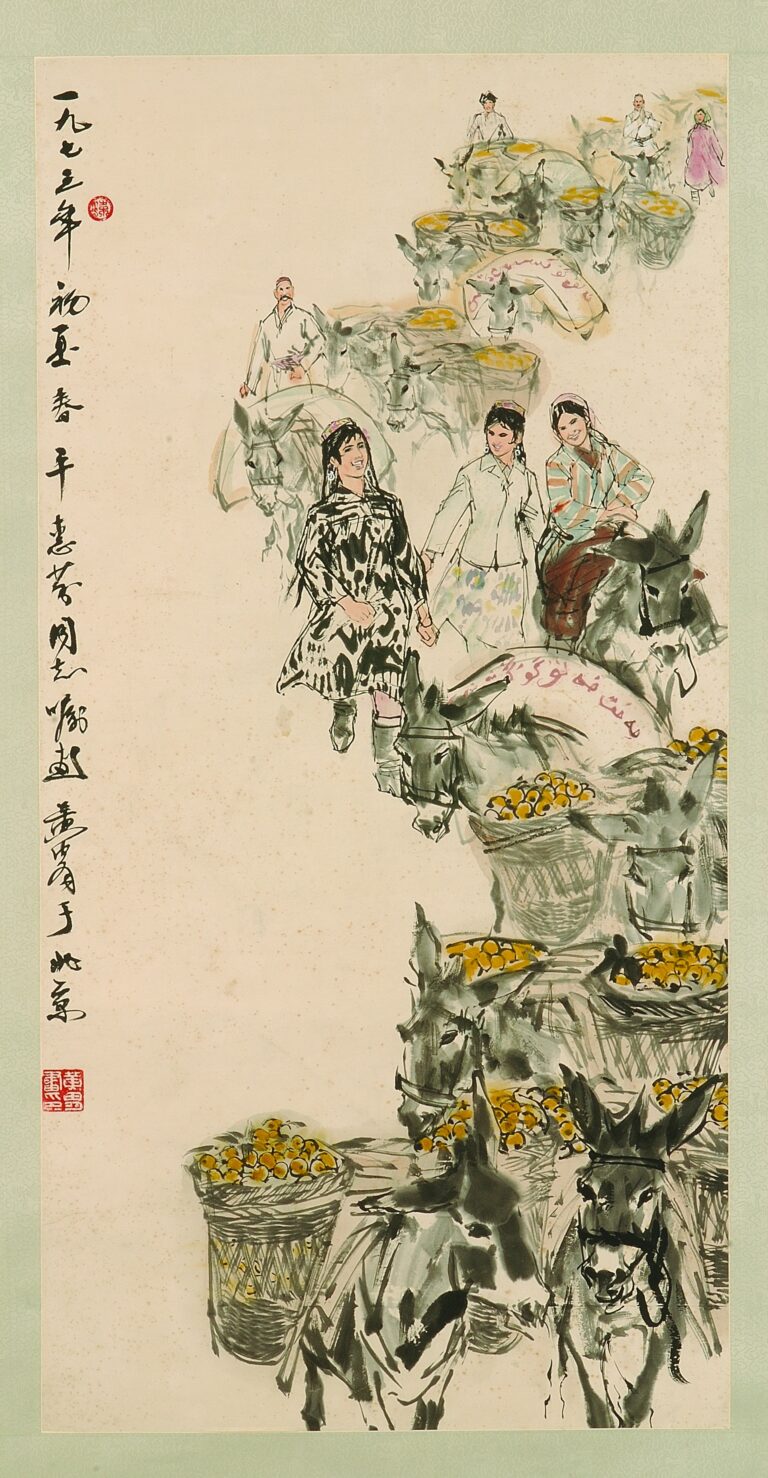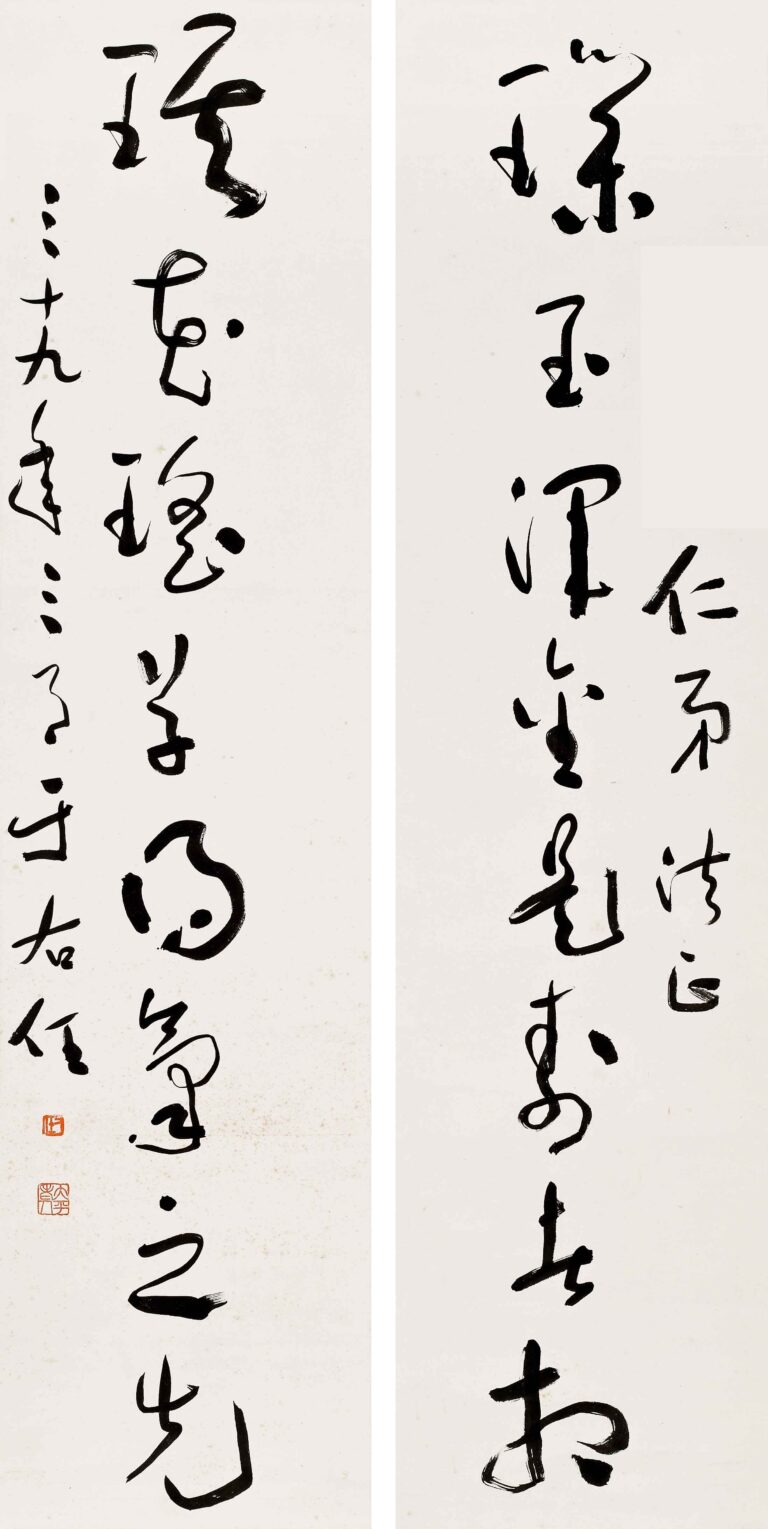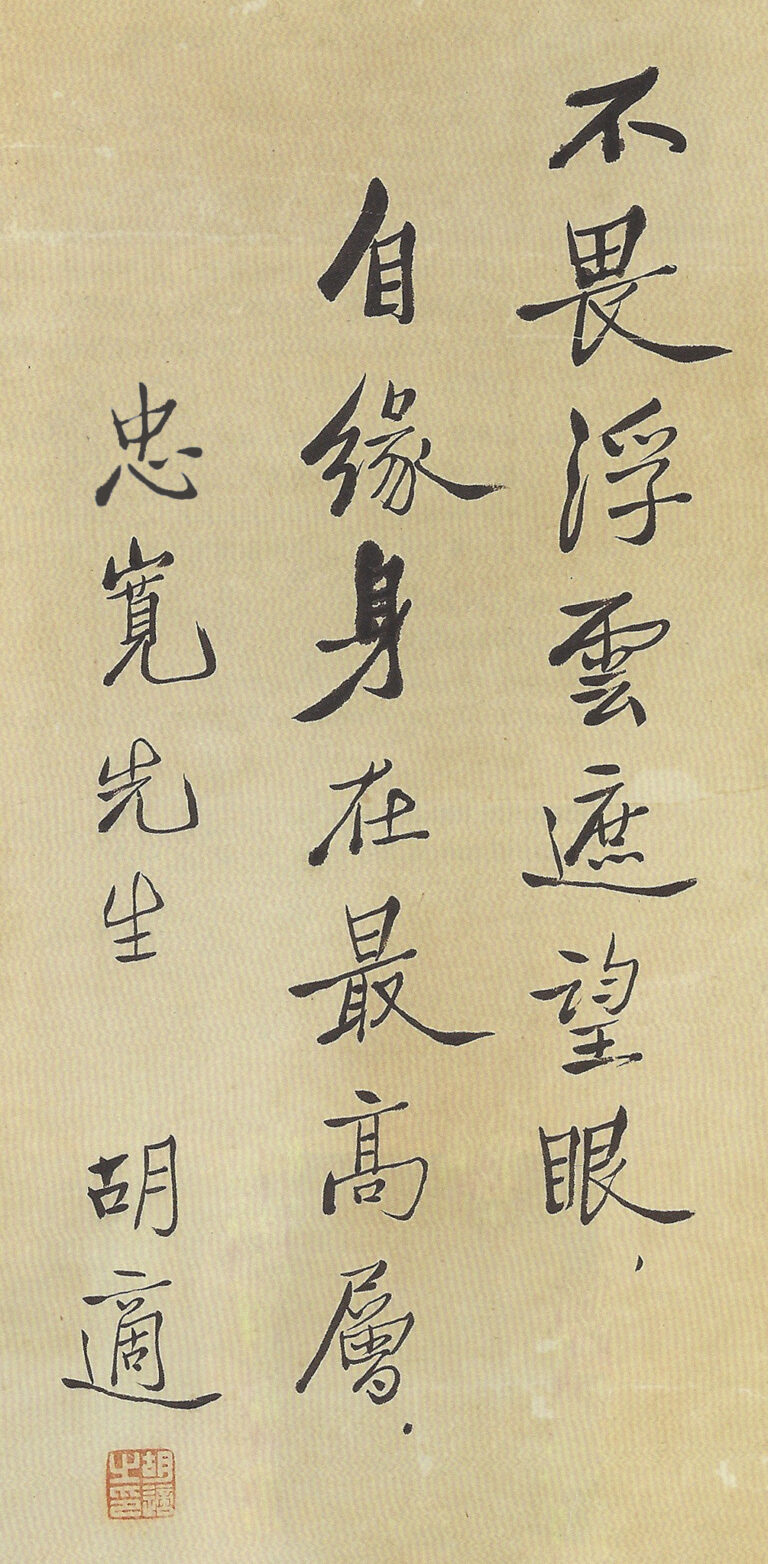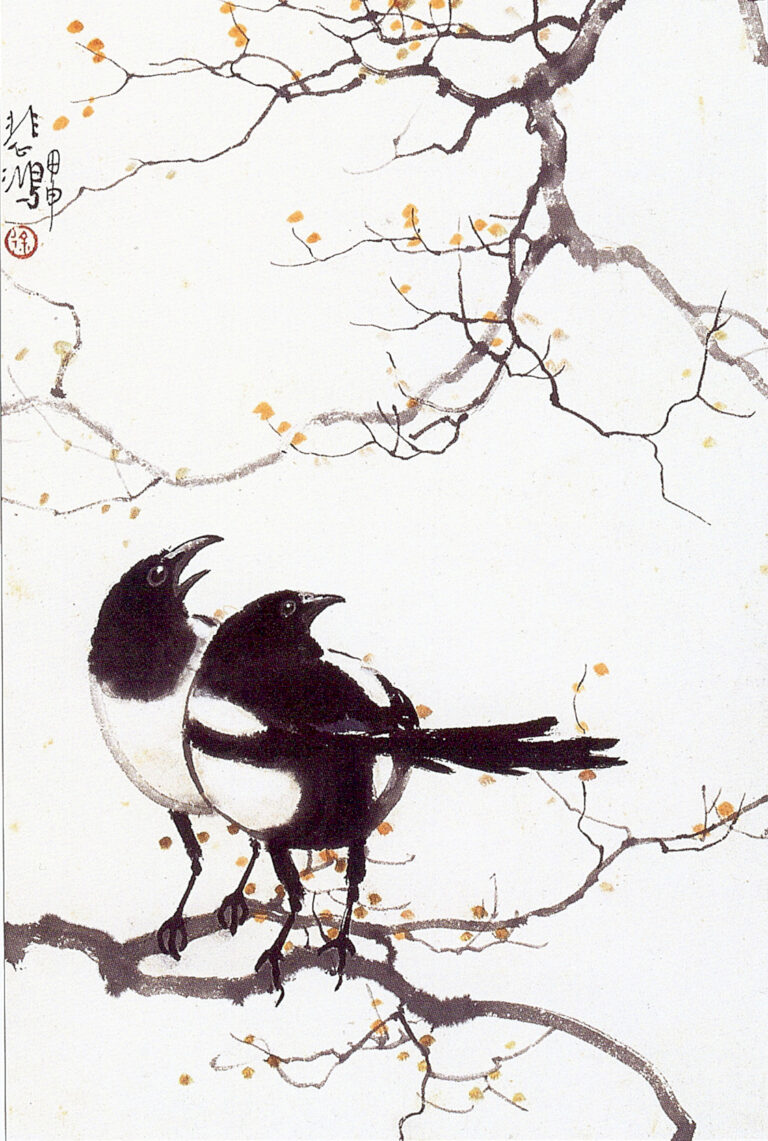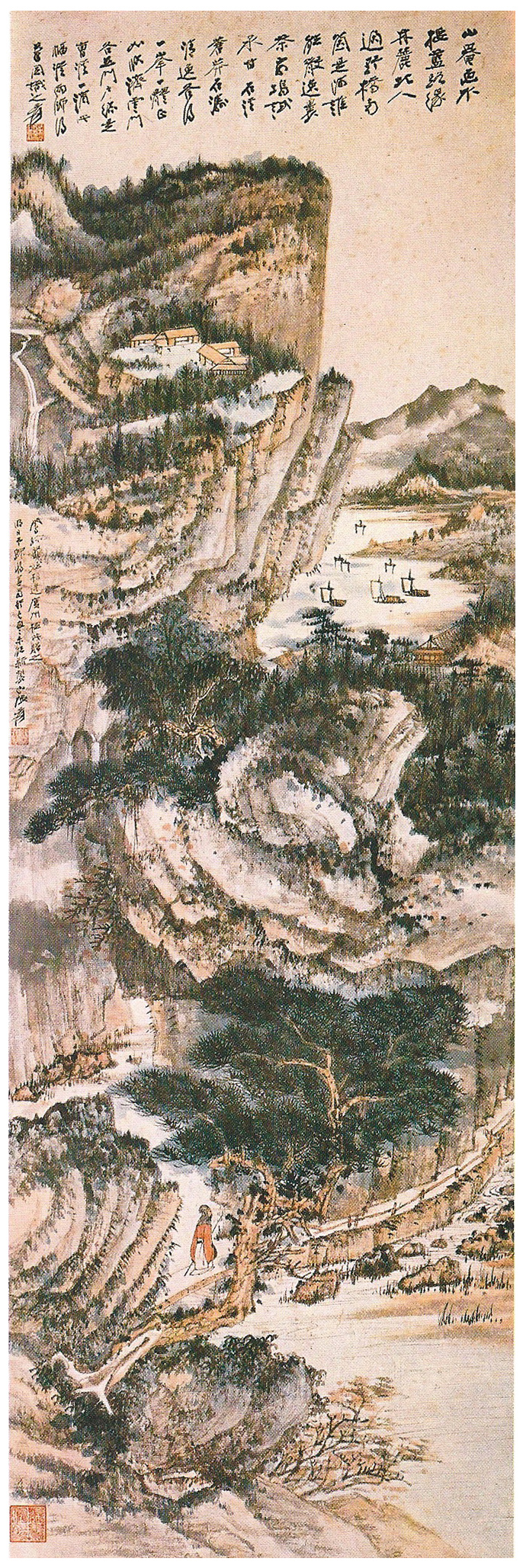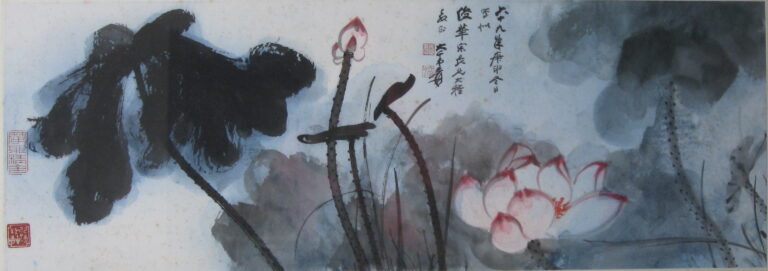1. Feng Qi Cuiheng: Sun Yat-sen's family background and Early Studies (1866-1885)
Sun Wen (Sun Yat-sen, Sun Yat-sen) was born in Cuiheng Village, Xiangshan County (now Zhongshan City), Guangdong on November 12, 1866 (the sixth day of October in the fifth year of Tongzhi in the Qing Dynasty). The family moved southward from the end of the Tang Dynasty, farming for generations, to the third generation of his grandfather, who was originally a farmer, but because of the decline of his family, his father first went south to Shenzhen to engage in business, and then returned to Cuiheng to revive agriculture. Her mother Yang's Hui roots are deep and influenced Sun Wen to pursue knowledge and justice.
From the age of seven, Sun Wen entered a private school to study classics and calligraphy, and by the age of 14, he devoted himself to laying a deep cultural foundation in classics, pen and ink. In 1883, he went to Hawaii and entered the British-run 'Iolani School and the Central College to study Spanish and grammar. He converted to Christianity at the age of 14 and studied between Chinese and Western studies. In 1884, he returned to Hong Kong to study at Central College, studying Chinese and English literature, integrating literature, history and modern thought.
When he returned home in 1885, at the outbreak of the Sino-French War and the defeat of the Chinese army, Sun Wen witnessed the righteous actions of the boatmen refusing to repair French ships at the wharf. At that time, he had the ambition of his country and was determined to “overthrow the Qing Court and establish a republic.”
2. Hard work: the beginning of medical skills, the founding of the Xingzhong Association (1885-1895)
After returning to Guangdong, Sun Wen felt that the situation was critical and was determined to “enter the world as a doctor” because he could ”heal the sick and save others." There were insufficient equipment in Guangzhou and Hong Kong, but he entrusted medicine and medicine to cultivate benevolent people.
The Sino-Japanese Sino-Japanese War broke out in 1894, and the Qing court suffered repeated corruption and defeats. In the autumn, Sun Wen went to Hawaii and founded the Xingzhong Association with Lu Haodong, a Zhi Shi, with the purpose of "getting rid of the krupp, restoring China, and establishing a united government." The Xingzhong Association left its first group of about 100 party members in 1895, and Sun Wen then embarked on a fundraising and overseas revolutionary preaching tour. He gave a speech in Yokohama calling for anti-Qing rule, and established a Central General Assembly in Hong Kong, based in Guangzhou, using the banner of "Blue sky and white sun" to raise funds for the uprising, laying the prototype of the later revolutionary organization system.
3. The arrest of London and the foundation of Sanminism (1896-1905)
In 1896, Sun Wen went to London to preach the revolution, but was trapped in the embassy by the minister of the Qing Court. After being detained for 13 days, he was rescued by two international friends, Kangde Li and Meng Sheng. He released his work "London Kidnapped" to publicize the revolutionary deeds and spread his reputation.
After escaping from danger, he traveled to Europe, read political and economic books, and worked tirelessly in the British Museum to form the preliminary framework of the three sects of "nationality", "Civil rights", and "people's livelihood". He proposed that the goals of the revolution should include national self-reliance, political democracy and people's livelihood development, and lay the theoretical basis for the establishment of a republic in the future.
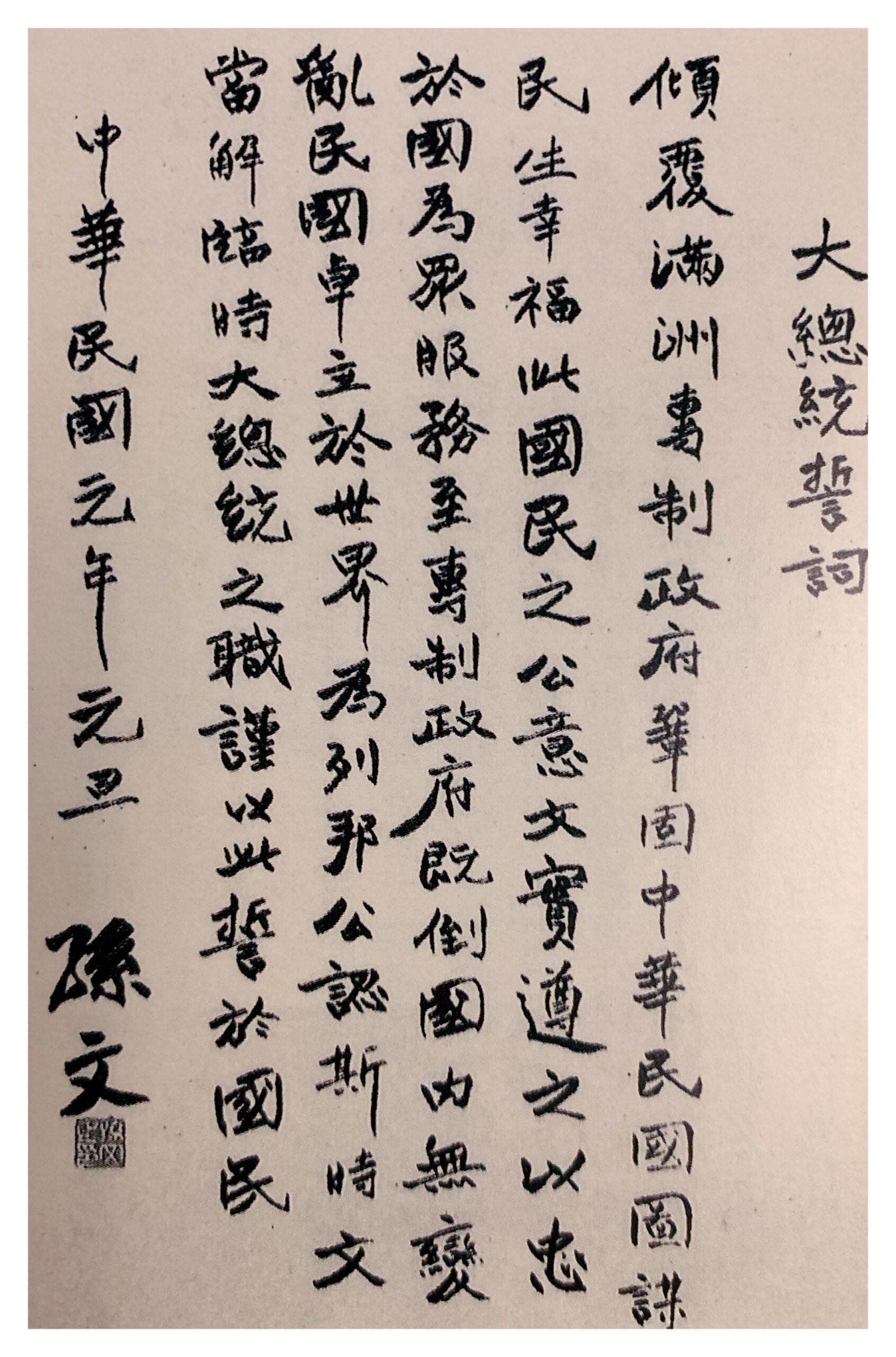
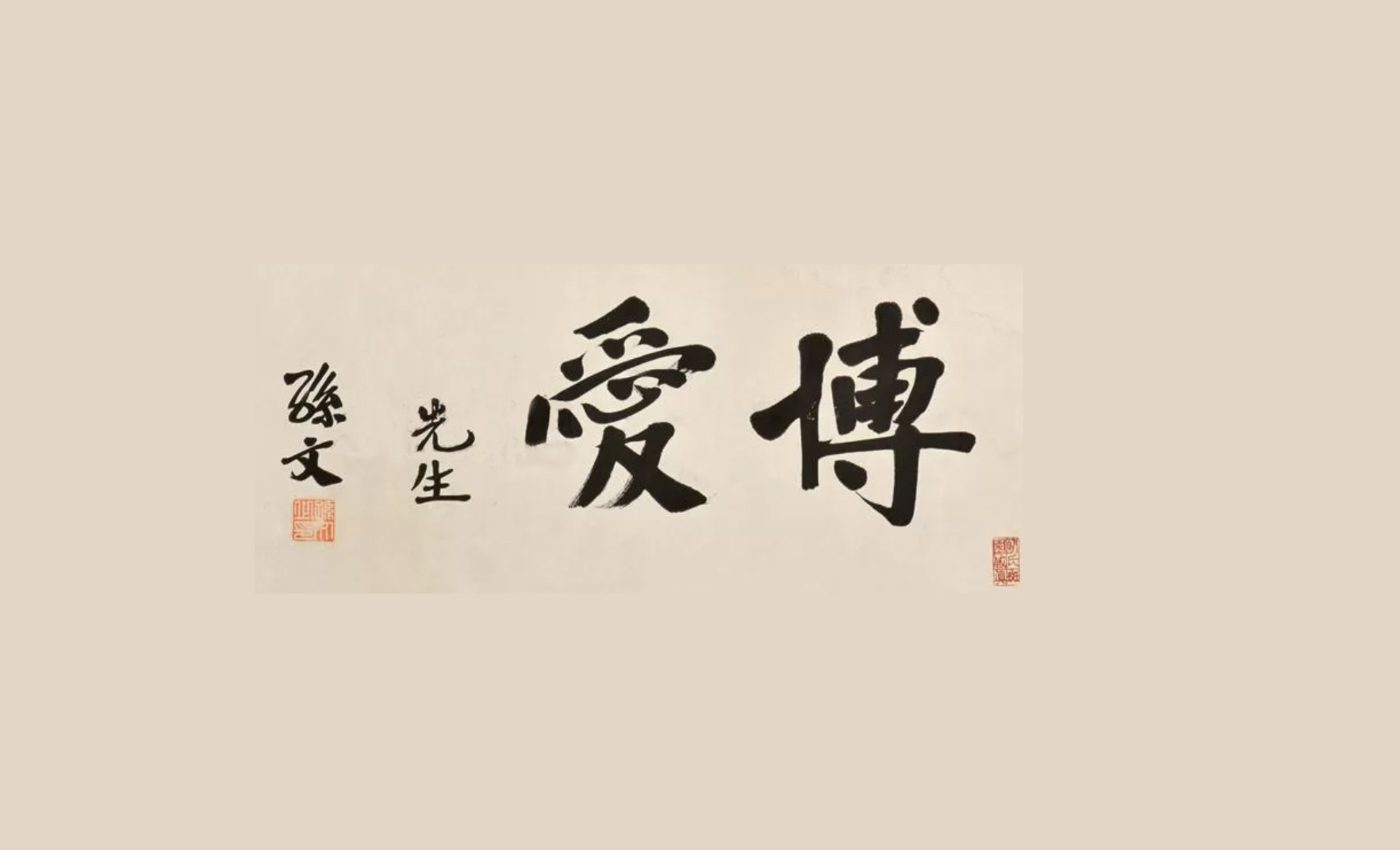

4. Revolutionary leader and Interim President (1911-1916)
When the Xinhai Revolution broke out, Sun Wen instigated many revolts and finally overthrew the Qing Court. On January 1, 1912, Sun Wen assumed office as the Provisional President of the Republic of China in Nanjing. The Provisional Constitution and government agencies took the lead in establishing it to protect the rights of the people, and the basic Constitution "Provisional Constitution" was formulated. He advocated public education, equal rights for men and women, and the abolition of feudal privileges, paving the way for China to move towards republicanism.
In the 1913 people's primary election, Sun Wen was not re-elected and retreated behind the scenes. Later, because Yuan Shikai had usurped power and was trapped in the country, Sun Wen was elected to amend the constitution in the name of the Nanjing government, and then went overseas to raise funds and mobilize people against Yuan, but in the end he failed to prevent Yuan from becoming president.
5. Running in his old age and brooding in illness (1916-1925)
After Yuan Shikai's death, Sun Wen traveled all over China to lecture on various state affairs. In 1921, the National Congress resumed the election of the president, and Sun Wen was elected to continue to promote the revival. However, his health deteriorated. In order to protect the cooperation of the Communist Party of China and implement the constitution of the National Congress, Sun Wen visited Japan, Hong Kong and other places to give lectures on "Greater Asianism" and advocate Asian national unity. But frequent running around has caused liver disease to intensify.
Sun Wen died of liver disease in Beijing on March 12, 1925, at the age of 59. Before his illness, he instructed his colleagues to continue their struggle in accordance with the plans of the Three Peoples, the Founding Conference, and the abolition of unequal treaties. His widow, Soong Ching Ling, and her children continued to organize his legacy and advocate for the cause of democracy.
6. Ecumenical Spirit and cultural Vision
At the end of 1924, the National government issued the "Honor Sun Yat-sen as the Father of the Country", with Sun Wen's motto of "brotherhood" and "The world is public". His legacy and diplomatic speeches emphasize that under the risk of the international community, China should be self-respecting, united, and democratic. Culturally, its democratic thought and Asianism provide a spiritual pillar for China's modernization and reform.
The Republic of China and the Global Democratic Heritage
The first democratically elected president in Chinese history and the father of the founding of the Republic of China. Relying on the concepts of Sanminism, the creation of a democratic system, human rights and male equality, he provided China with a new political direction. His efforts have so far inspired Chinese people in China and around the world: self-improvement, constitutional establishment, democracy and cultural openness are still the core values of national construction.
Dehuatang invites collectors of calligraphy and painting to share the light of the world
Dehuatang sincerely invites collectors to collect and transfer precious collections such as Sun Yat-sen's handwriting, speech manuscripts, and Mo Bao's letters. If you collect related cultural relics, please feel free to contact us. We promise to provide professional identification, high-priced acquisition and safe-keeping projects, and work with you to inherit the spirit, culture and historical values of the Founding Father.
Portfolio
